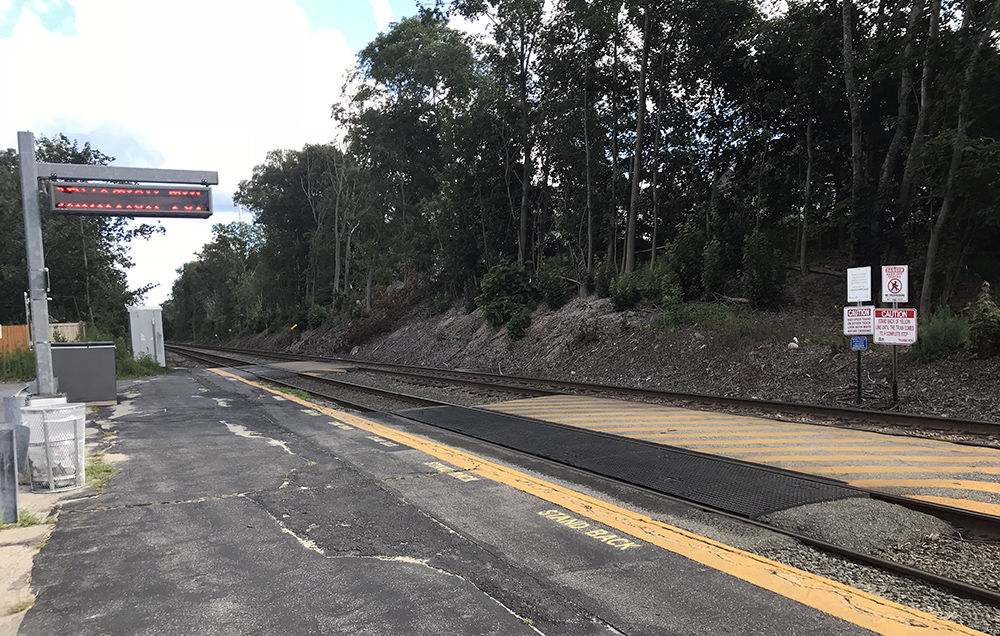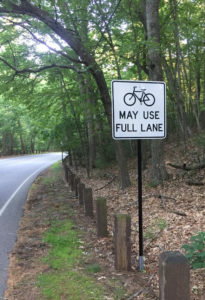 To be able to vote in the Massachusetts state primary on Tuesday, Sept. 4, residents must be registered to vote by Wednesday, Aug. 15. Click here to register online, or register in person at the Town Clerk’s Office during regular summer business hours (Monday through Thursday, 7 a.m.–5 p.m.)
To be able to vote in the Massachusetts state primary on Tuesday, Sept. 4, residents must be registered to vote by Wednesday, Aug. 15. Click here to register online, or register in person at the Town Clerk’s Office during regular summer business hours (Monday through Thursday, 7 a.m.–5 p.m.)
Absentee ballots for the September 4 primary are now available. A written request is required before receiving the ballot. The ballot may be voted at the Town Clerk’s Office, or the applicant may request that a ballot be mailed.
Massachusetts law does not permit persons to pick up ballots for another person, although it does permit certain family members to apply for an absentee ballot on behalf of another family member. The Town Clerk’s elections page has more information as well as specimen ballots and the Massachusetts ballot questions for the November election. You may also call the Town Clerk’s office at 781-259-2607.







